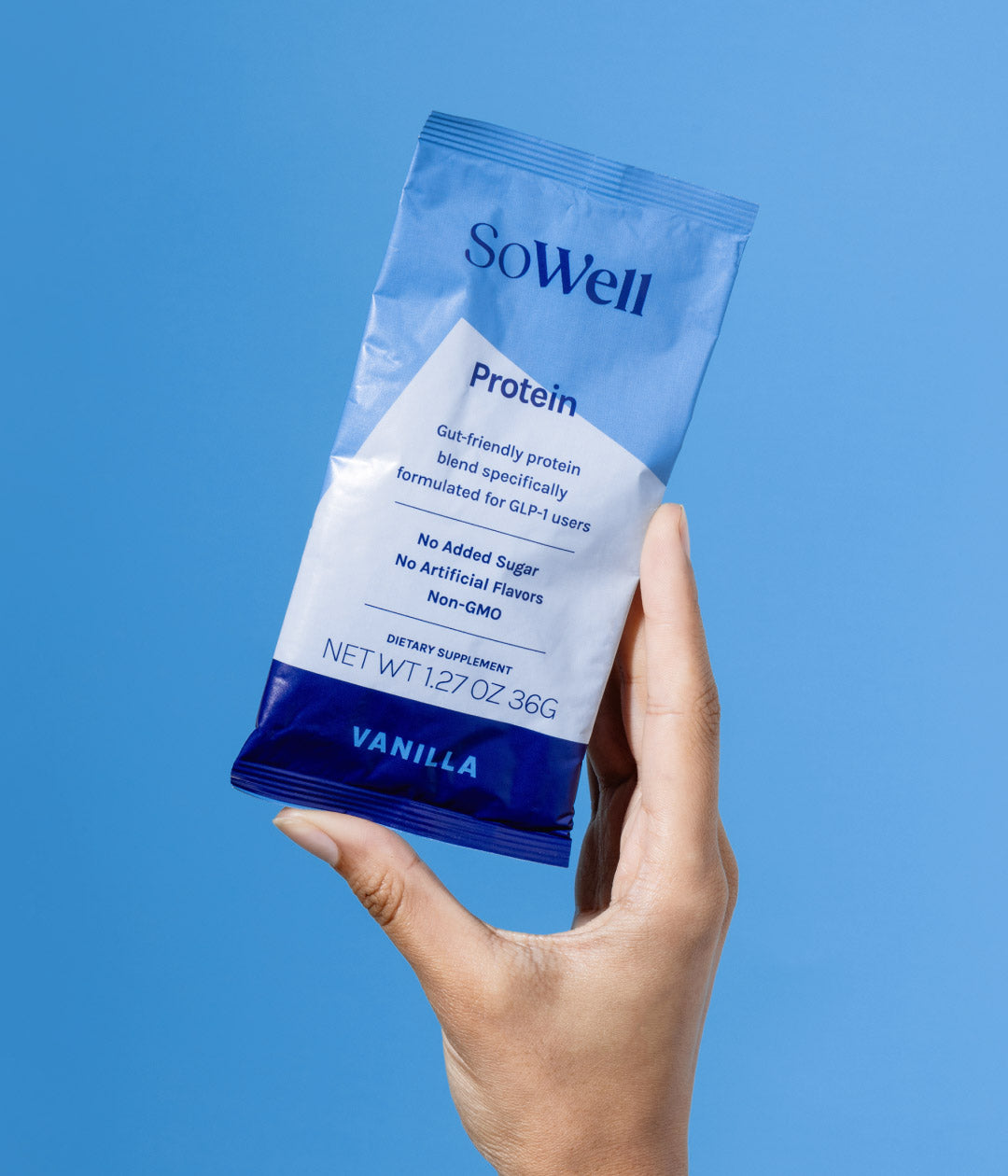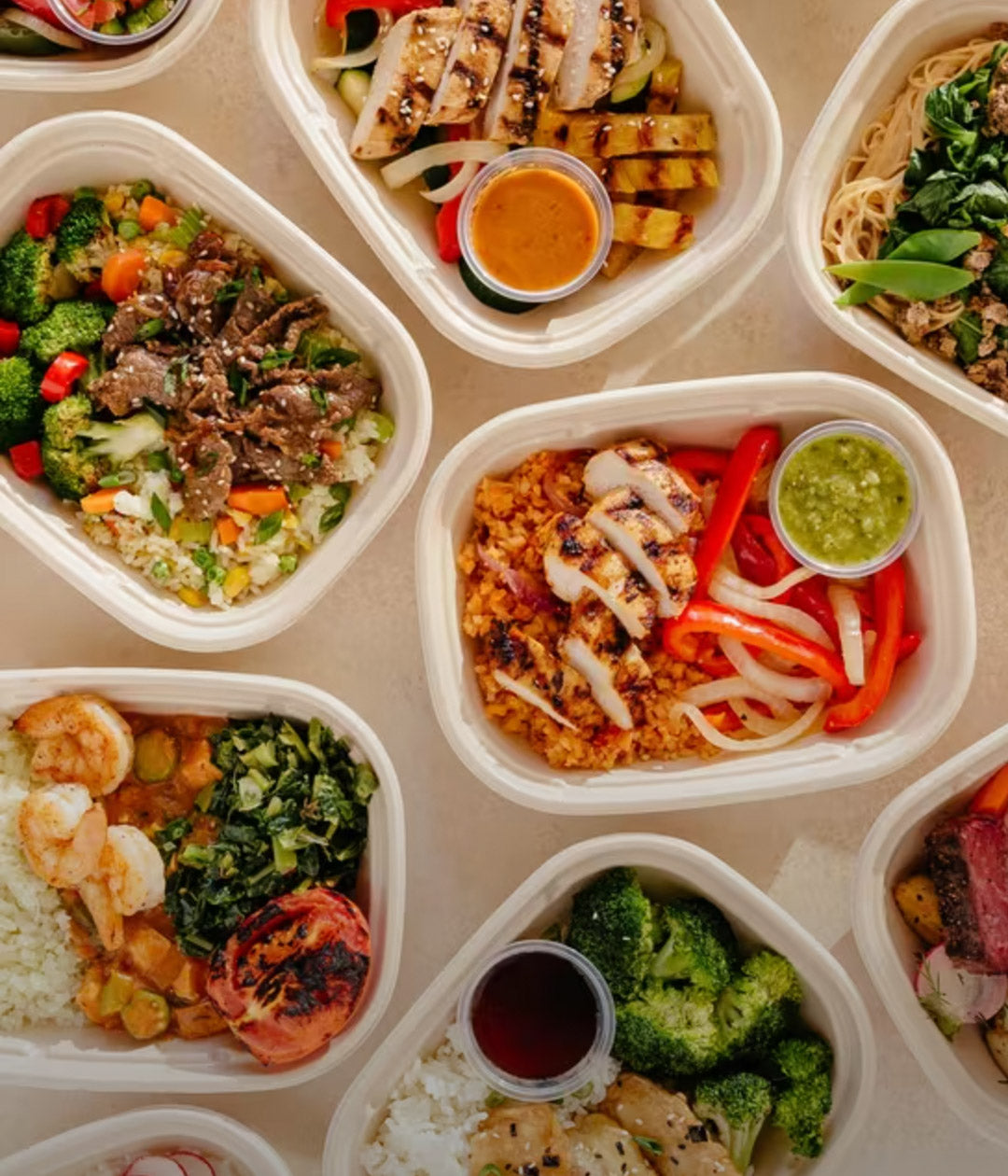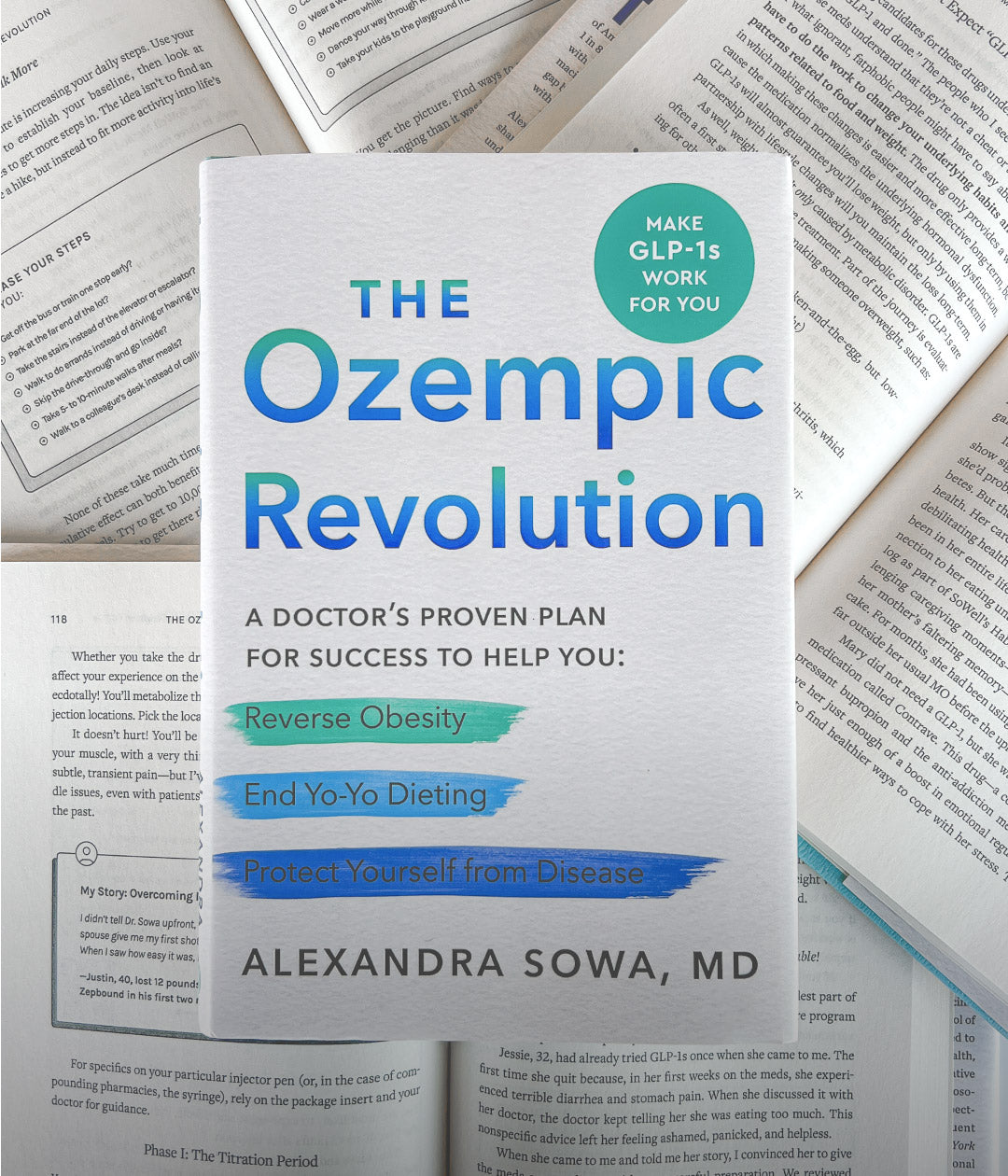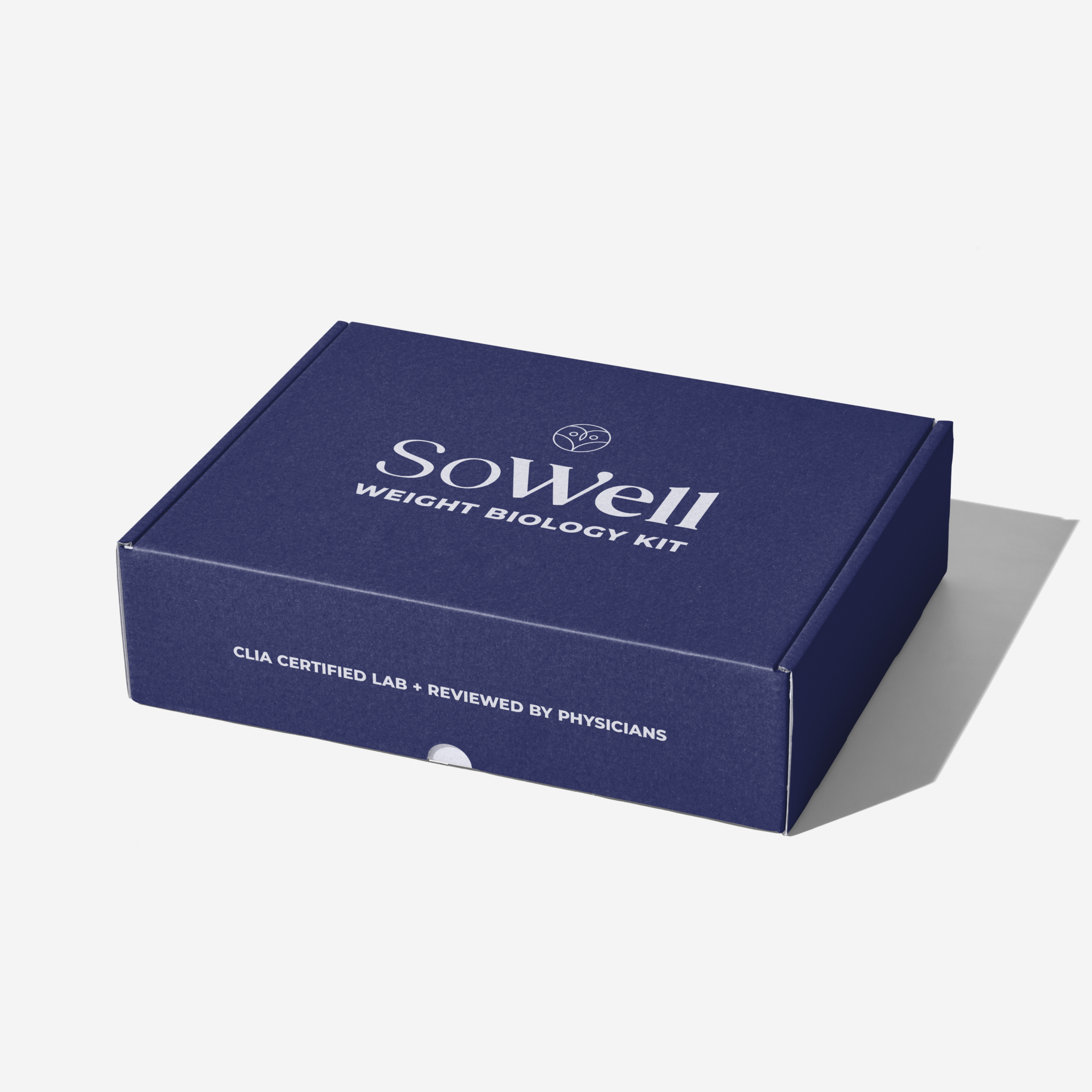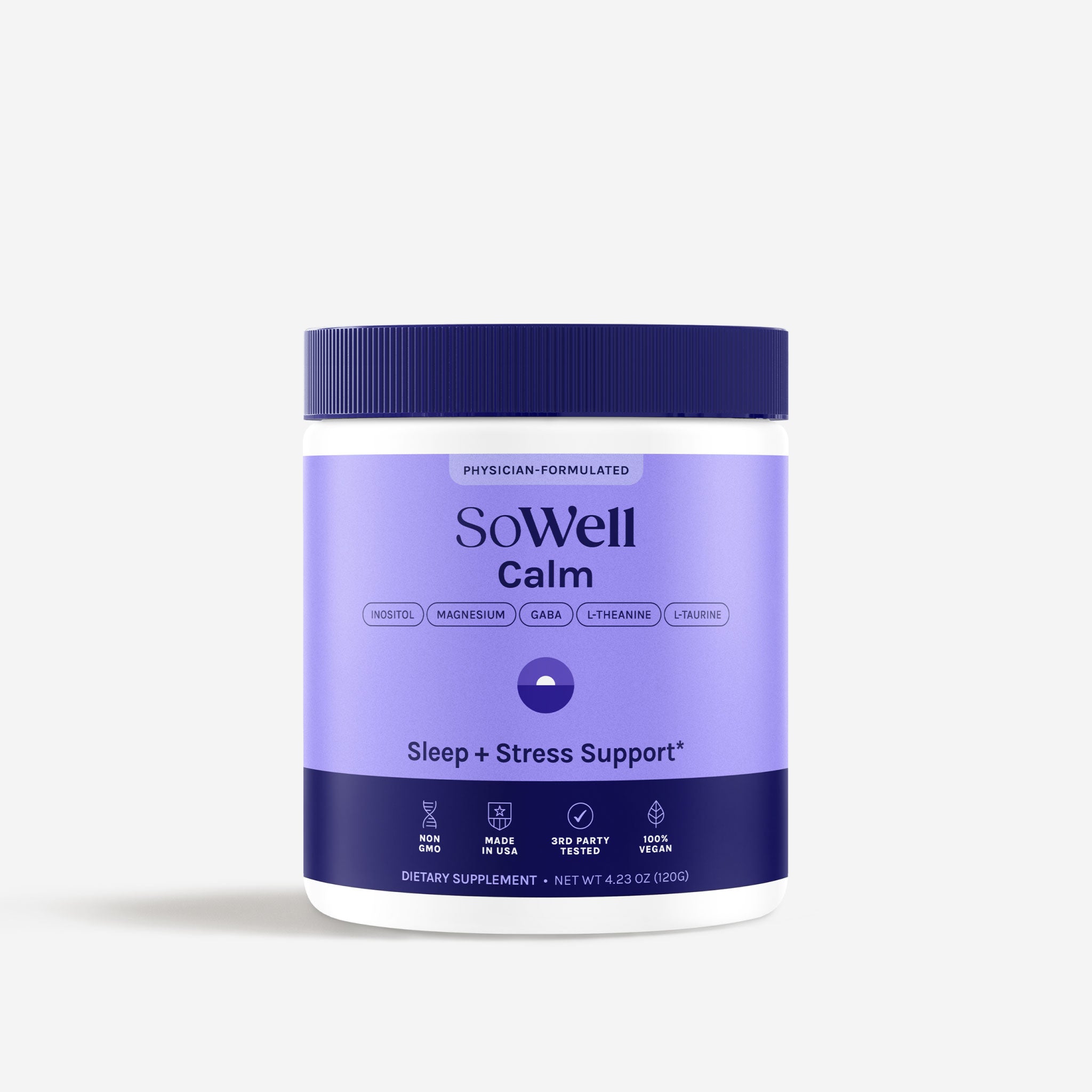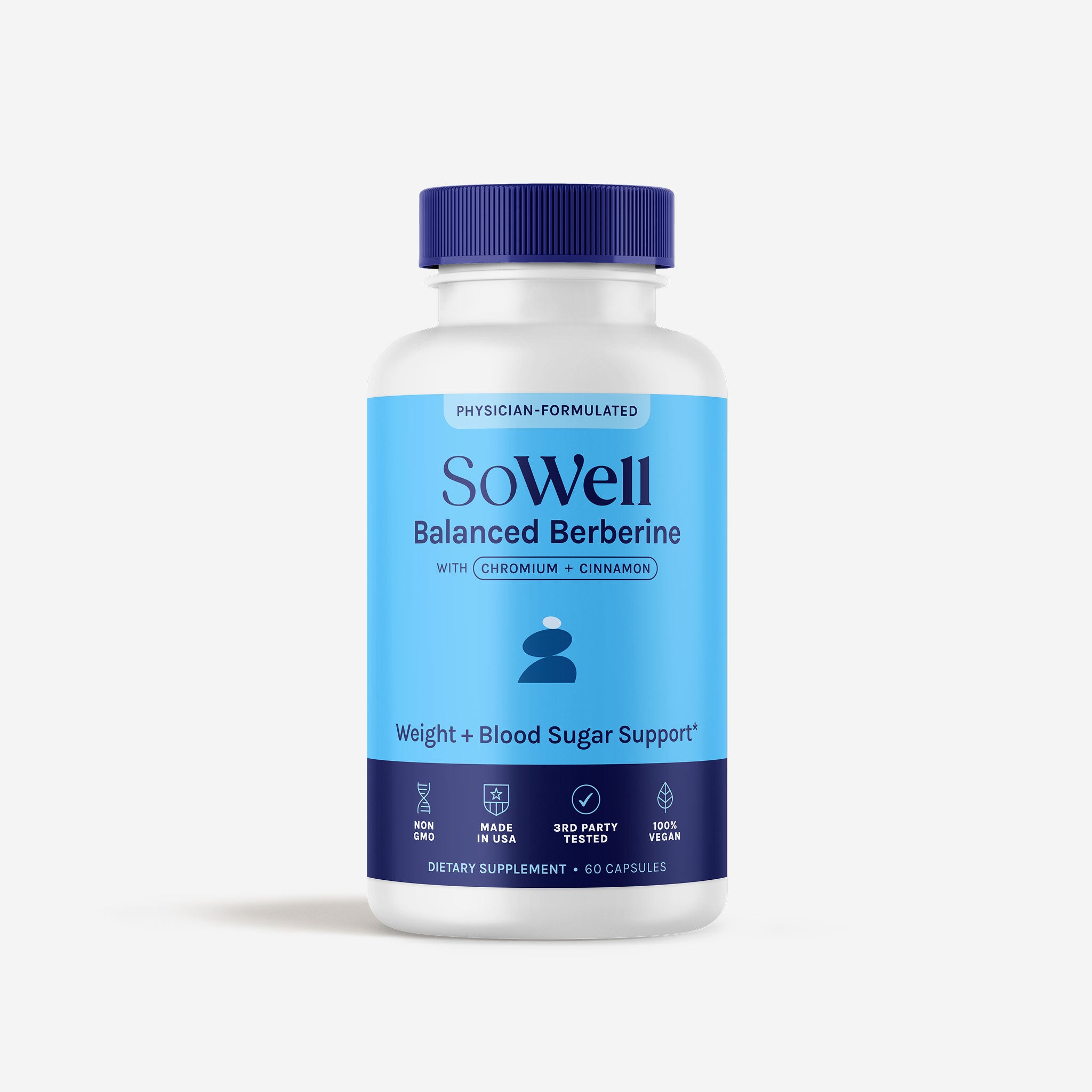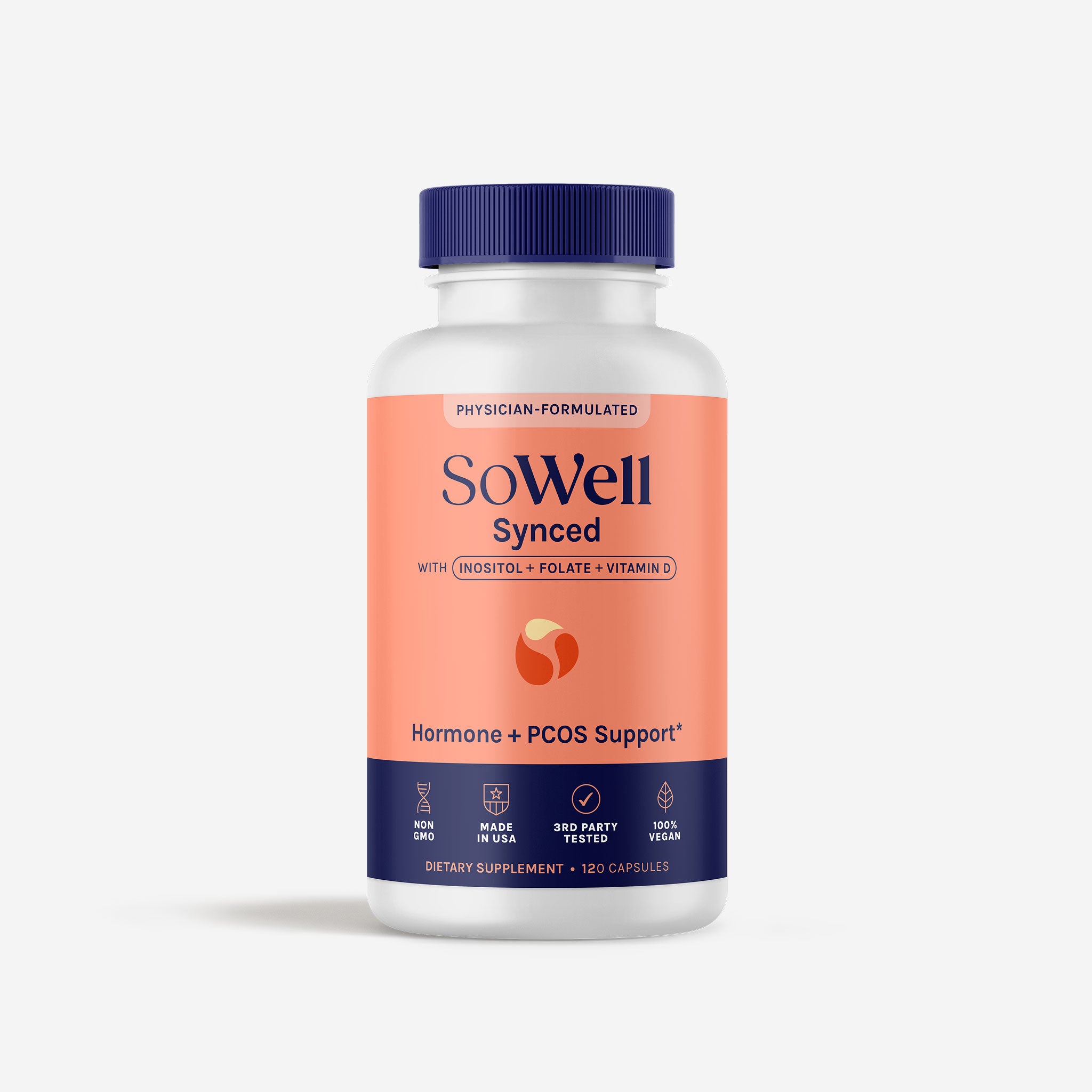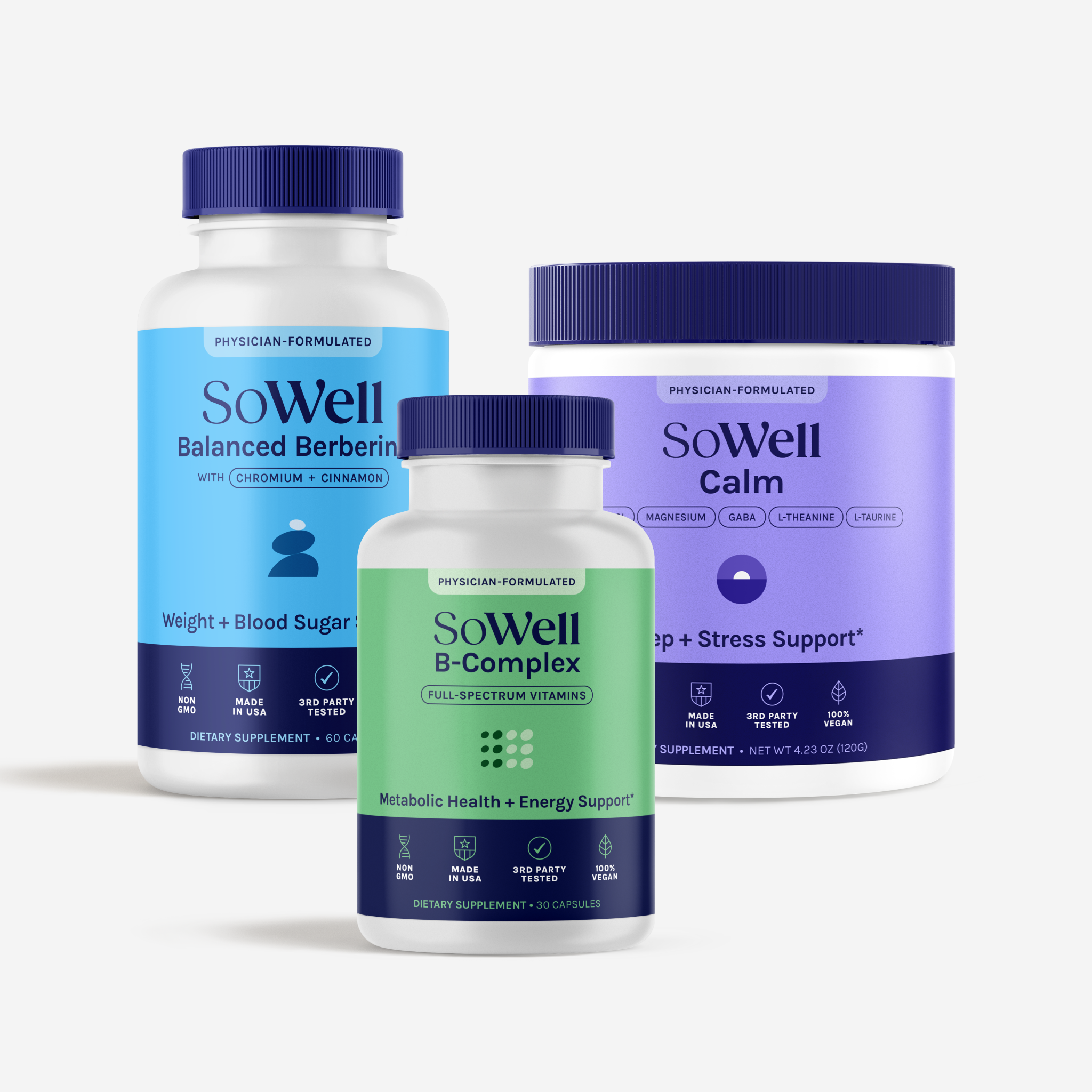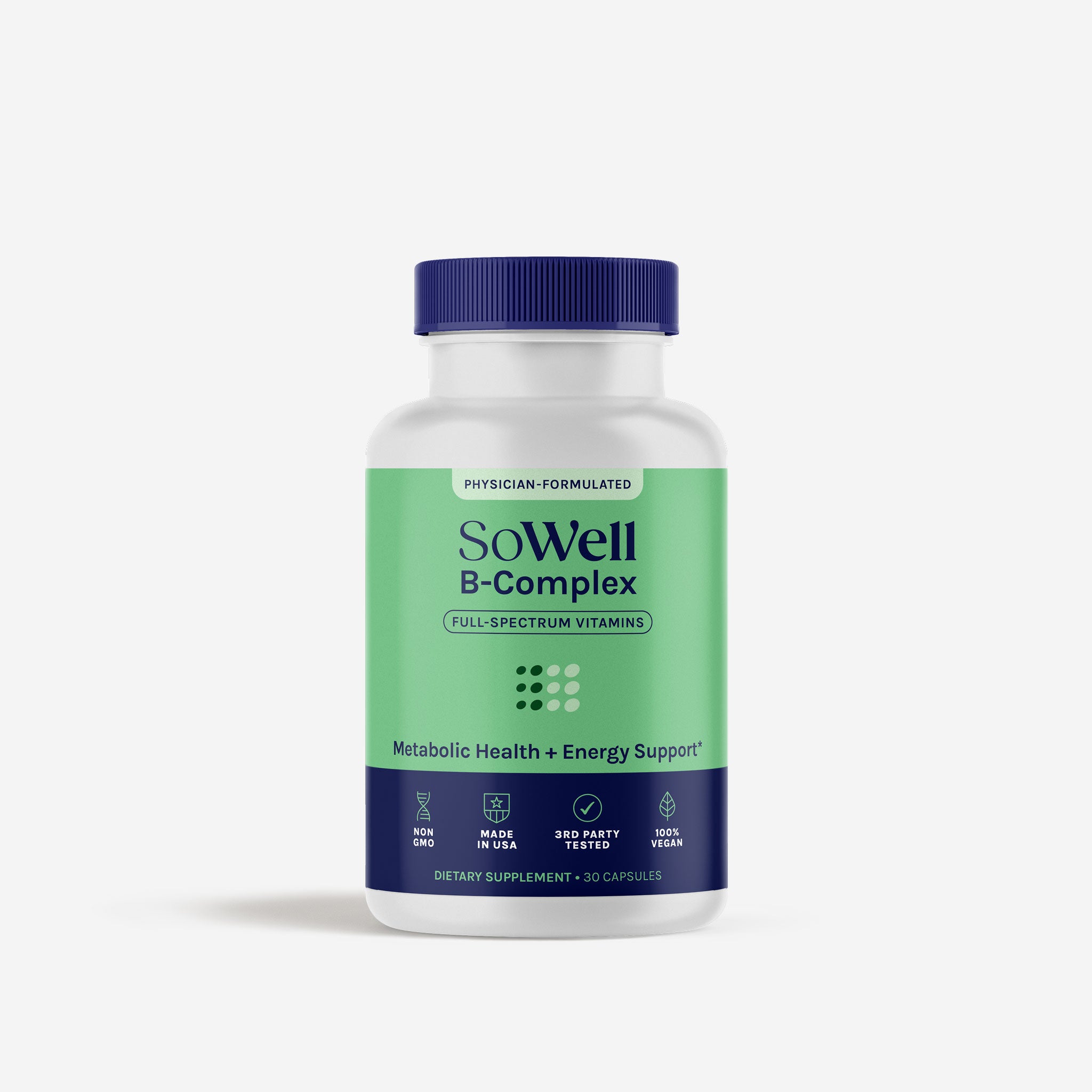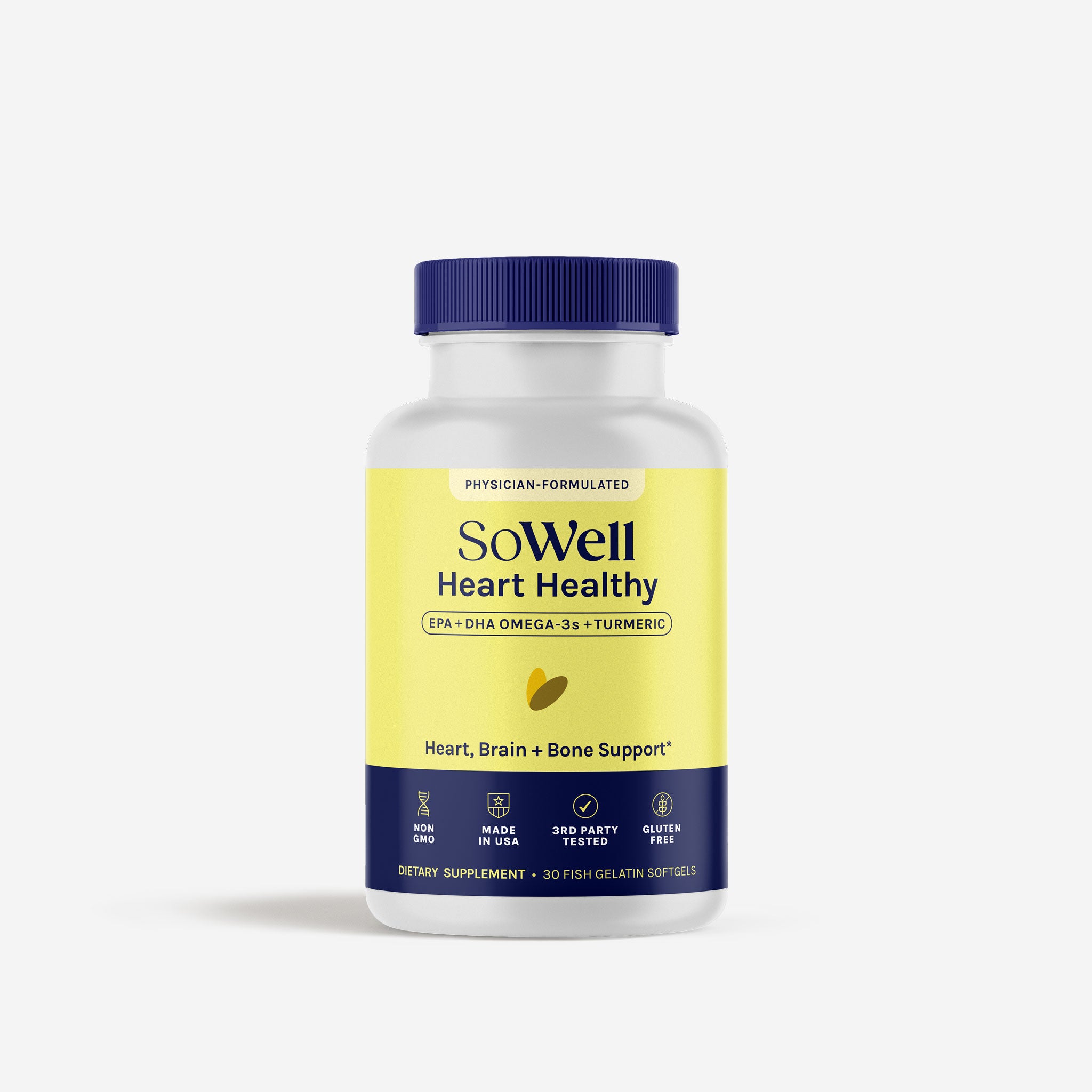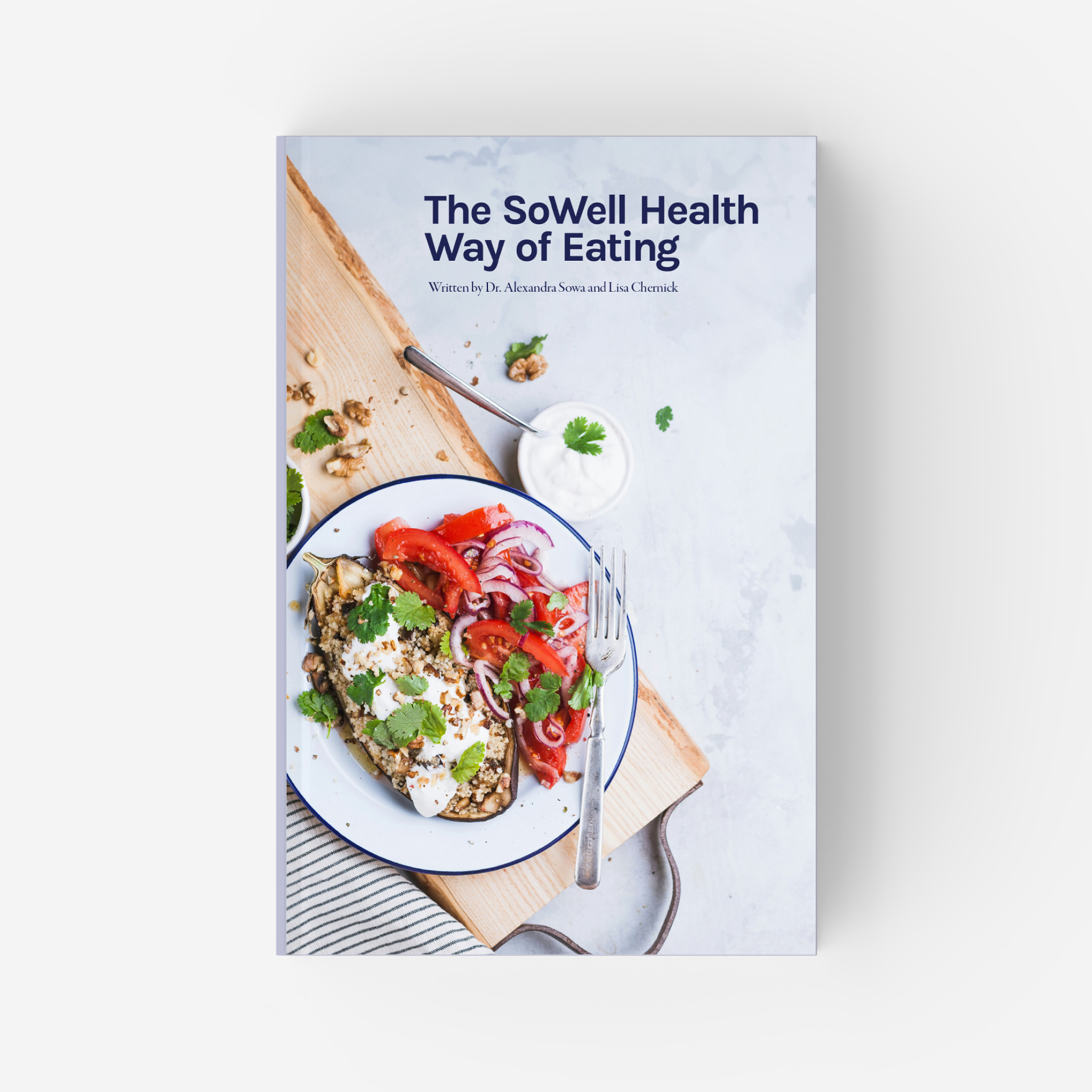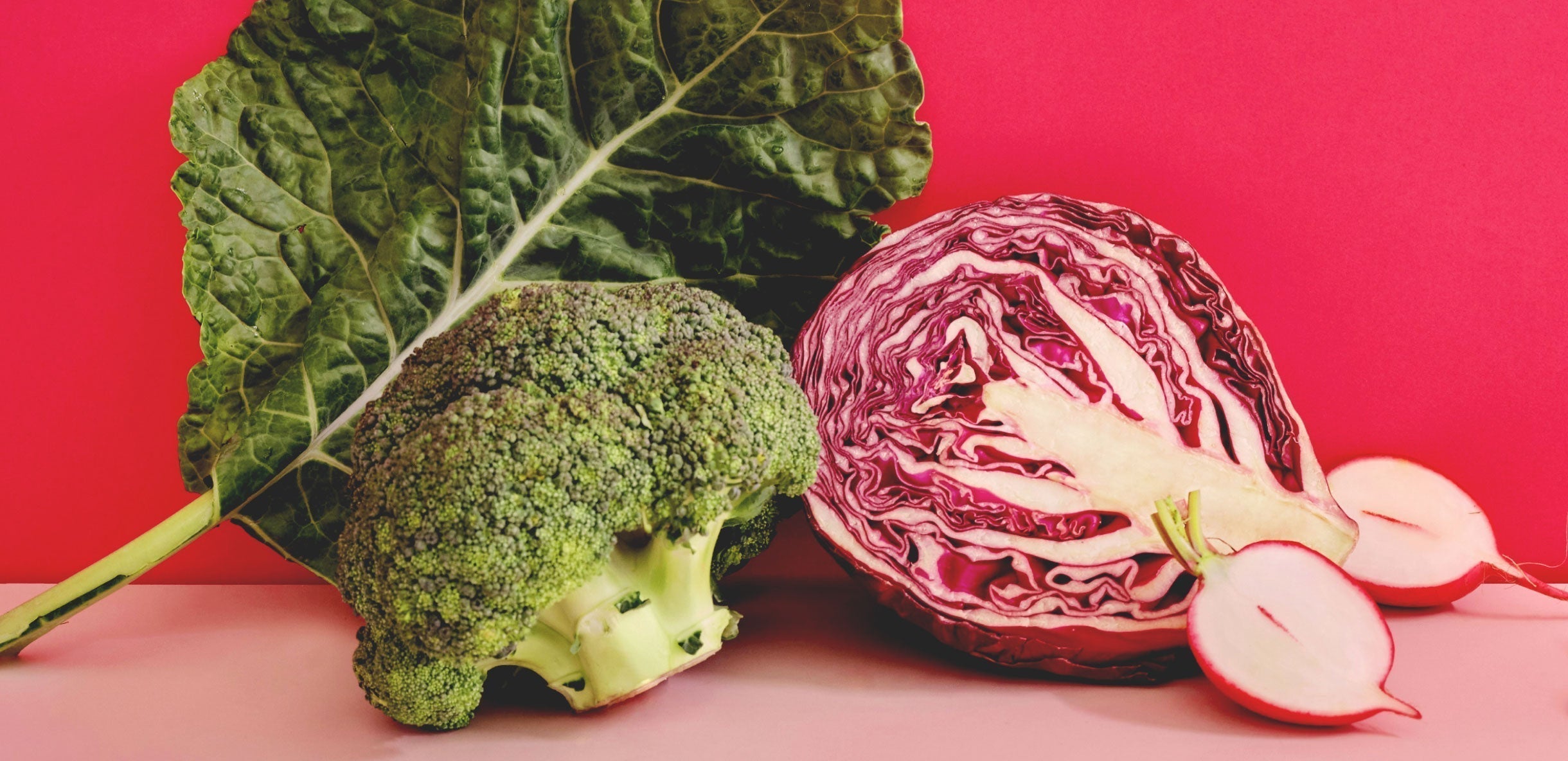
For many of us, our relationship with food feels complicated – full of rules, restrictions, and trust issues. We've been through cycles of restrictive dieting followed by rebounds that leave us feeling guilty and ashamed. But what if there was a better way? What if you could build a relationship with food based on understanding and trust, rather than fear and restriction?

"Diet culture has trained us to view food as either 'good' or 'bad,' but that mindset doesn't serve our health. When we understand how our bodies actually process different foods, we can make choices from a place of knowledge rather than anxiety." — Dr. Alexandra Sowa
This understanding starts with recognizing that weight isn't about willpower – it's about biology. Our bodies have complex systems involving over 400 genes and 40 hormones that regulate weight and appetite. When these systems get disrupted, no amount of restriction or self-discipline can overcome the biological drivers pushing us to eat. The journey back is all about honing in on what your body actually needs.
Protein Requirements While Taking GLP-1 Medications

Think of protein as your body's most reliable friend. It's not just another macro to count – it's essential fuel that helps preserve muscle mass during weight loss, stabilizes blood sugar, and supports healthy hormone production. Getting adequate protein (20-40 grams per meal) helps you feel satisfied and energized, without the crashes that come from relying on quick-energy foods.
For those who find it challenging to eat enough protein, especially while on GLP-1 medications, supplements like SoWell Protein can help bridge the gap. Specifically formulated with digestive enzymes and collagen, SoWell Protein supports not just protein intake, but also skin health and comfortable digestion.
Managing Carbohydrates on a GLP-1

Carbohydrates often get cast as the villain in diet culture, but the reality is more nuanced. Your body's response to carbs is unique and complex, influenced by factors like insulin sensitivity, activity level, and even time of day.
The solution isn’t to eliminate carbs – it's about being strategic with them. This might mean focusing on protein first at meals, choosing complex carbs over simple sugars, and paying attention to how different carbohydrates affect your energy and hunger levels.
For those looking for extra metabolic support, SoWell Balanced helps optimize how your body processes carbohydrates, leading to better blood sugar control and fewer cravings.
| Instead of This | Try This |
|---|---|
| Starting your meal with bread or pasta | Leading with protein, then adding carbs if desired |
| Eating carbs alone as snacks | Pairing carbs with protein and healthy fats |
| Having large portions of starchy foods | Filling half your plate with non-starchy vegetables |
| Choosing refined grains | Opting for legumes and whole grains when including carbs |
| Eating carbs throughout the day | Timing carbs around physical activity |
| Focusing on restriction | Paying attention to how different carbs affect your energy |
| Making foods "off limits" | Planning thoughtfully for special occasions |
| Feeling guilty about carb choices | Using a food log to learn what works for your body |
Healthy Fat Intake for GLP-1 Users

Fat has been unfairly demonized in diet culture, but it's essential for hormone production, nutrient absorption, and brain health. The key is choosing quality sources and understanding how fats work with other nutrients in your body.
Healthy fats only become problematic primarily when combined with excess carbohydrates. When you're following a balanced approach, foods like olive oil, avocados, and even full-fat dairy can be part of a healthy pattern of eating that supports metabolic health.
Quality matters when it comes to fats. Case in point: SoWell Heart Healthy, which combines the highest-quality fish oil with turmeric to support not just heart health, but also brain function and healthy inflammation response.
Focus on fats like:
Like any relationship, it's about quality and balance.
Building Better Eating Habits
Instead of jumping into another restrictive diet, begin building sustainable habits through understanding and structure. This starts with regular weigh-ins – not as punishment, but as neutral data to guide your journey. Food logging becomes a tool for awareness rather than judgment, and meal planning transforms from restriction into self-care.
When you plan ahead, you're less likely to make choices from a place of desperation or extreme hunger. It's about treating yourself with the same care and consideration you'd show a loved one.
Special Considerations for GLP-1 Users

If you're on a GLP-1 medication, you're in a unique position to rebuild your relationship with food. These medications help by reducing overwhelming hunger and “food noise” and stabilizing blood sugar, creating a window of opportunity to establish new patterns without fighting against intense cravings.
However, GLP-1s also require specific considerations. The slowed digestion that helps with weight loss means you'll need to be mindful of meal volume and timing. SoWell's three-part GLP-1 Support System – combining electrolytes for hydration, protein for nutrition, and fiber for digestive comfort – helps users feel their best while on these medications.
A New Chapter in Your Food Story
Healing your relationship with food is a journey, not a destination. There will be days when old habits creep back in or when life throws your routine off track. The key is to approach these moments with curiosity rather than judgment.
Taking care of your nutritional needs isn't selfish – it's necessary. Just as you need to maintain healthy boundaries in relationships with others, you need to establish healthy patterns in your relationship with food.
